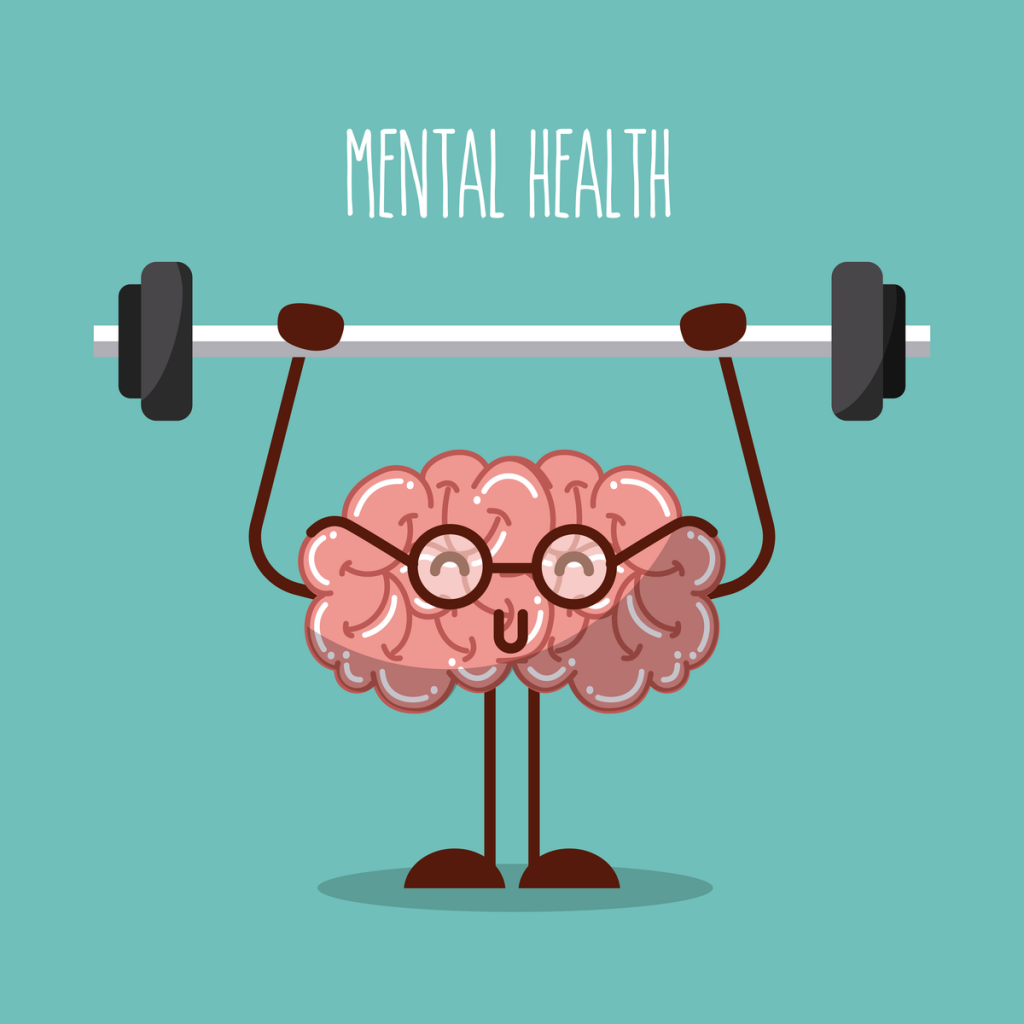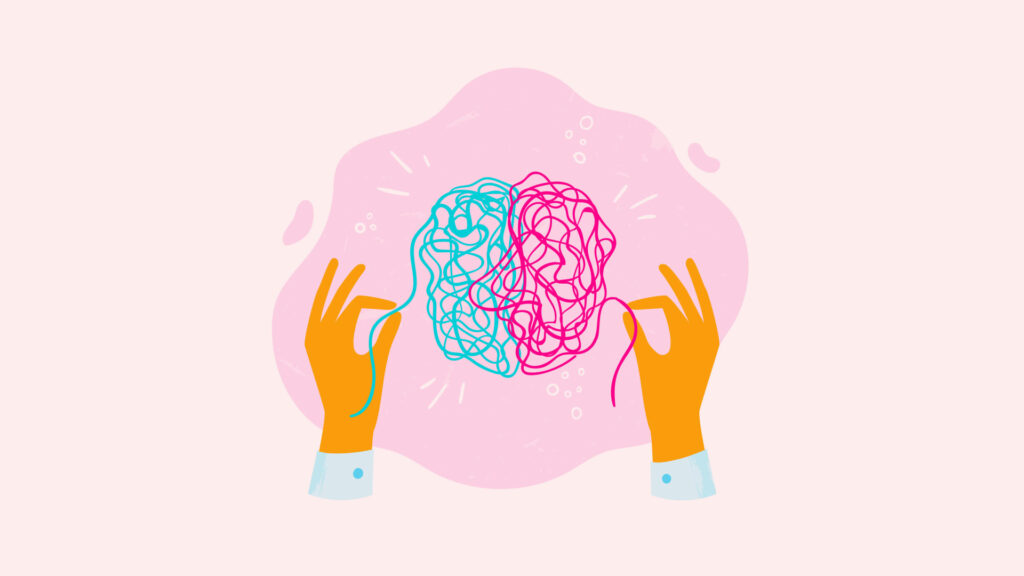How to work on your mental health
Your mental health and physical health is your most valuable asset. If you don’t have your health, everything else in life falls apart. In order to function normally in all of life’s responsibilities, and to be able to perform all of your life’s tasks on a daily basis, you need to maintain your mental health as well as your physical health.
Manage your mental health
Because your mental health affects the way you approach your day, it’s important to manage it as best you can. Try different types of exercises and techniques that will try to calm you down if you are nervous or upset. Also, try not to think about negative things and do not allow negative thoughts to occupy you. Drive them away! Also, if you do not manage to deal with the problem you have on your own, a good and quality conversation with family and friends will be pleasant, but of course, professional help is very important in all this.

Warning signs
- Chest pain or palpitations
- Nausea or diarrhea, especially before going to work or during work
- Loss or change in appetite
- Sleep problems
- Fatigue or reduced energy and drive
- Decreased interest in sex
- Feeling overwhelmed or frustrated
- Feelings of guilt or unhappiness
- Significant weight loss in a short period of time
- A general sense of doom or worthlessness
- Excessive worry, even over some of the smallest things
- Being irritable for no reason
- Loss of self-confidence and indecision
- Thinking negatively
Pause
Take regular breaks throughout the day to maintain a sense of calm in your mind and body. Do not overwhelm yourself with obligations that are beyond your capabilities and that will further disturb you.
Meaning
Get involved in daily work activities that give you a sense of belonging and meaning. You will love your job and your responsibilities and you will enjoy them if you feel connected and meaningful to them.
Be active
Be active throughout the day. Exercise and exercise are a great way to reduce stress and elevate mood.
Troubleshooting
If you are struggling with a problem, get involved in some structured problem solving that will help you find solutions. And don’t push yourself too hard.
Self-compassion
Be kind to yourself and try not to burden yourself with finishing it all. Give yourself time. Organize your time according to your own state of mind and body.
Take care of yourself
Set aside time during the day for activities that give you a sense of satisfaction and achievement. You must have rest for your own needs and your peace of mind and body.
Self-esteem consists of the thoughts we have about ourselves and plays a role in almost everything we do. Check HERE for some tips.

Breathe
Between meetings and many daily commitments, it would be great if you include breathing exercises that will help you stabilize.
Be aware
Be aware of your surroundings and try to stay focused on the here and now. Don’t let your thoughts wander and your thoughts take you to negative places.
Family
A very important part of the fight against mental health is that you have to share with your loved ones what is bothering you. That way they will be able to help you and you will get rid of the burden of hiding something from them.
Conversation
If you notice that you are struggling, do not be afraid to ask for support and help. Conversation is very important as well as having real people around you who love you and want to help.
Make socialization a priority – especially face to face
Humans are social beings with emotional needs for relationships and positive relationships with others. We are not destined to survive, let alone progress in isolation. No matter how much time you dedicate to improving your mental and emotional health, you will still need the company of others to feel and function in the best possible way. Our social brain longs for society – even when experience has made us shy and distrustful of others.
Why is a face-to-face relationship so important?
The key is interacting with someone who is a “good listener”, who you can talk to in person on a regular basis. Also who will listen to you without your own concept of how you should think or feel. Phone calls and social networks have their place, but nothing can surpass the power of quality face-to-face socializing with other people that relieve stress and elevate mood. A good listener will listen to the feelings behind your words and will not interrupt, condemn or criticize you. Make eye contact and exchange a smile, a friendly greeting or a little conversation.
Many people have a fear of public speaking. In fact, it is very difficult to find a person who does not have that fear. Check HERE for some answers.

